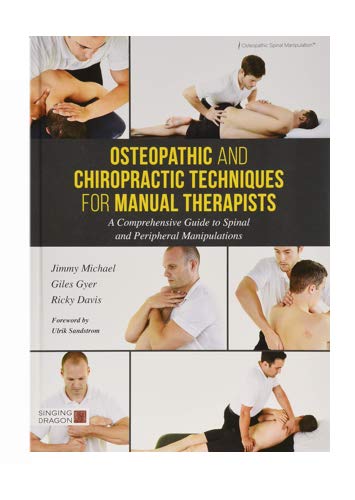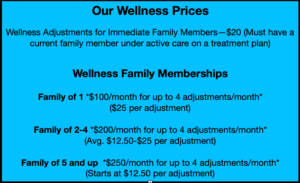Holistic Healing with Chiropractic Methods

Holistic Healing with Chiropractic Methods
Chiropractic methods have emerged as a holistic approach to health and well-being, focusing on the relationship between the spine and the nervous system. This article delves into the principles and diverse methods within chiropractic care that contribute to holistic healing.
Understanding Chiropractic Principles: Spine and Nervous System Harmony
At the core of chiropractic methods lies the understanding that the spine is integral to overall health. The spine houses the nervous system, and any misalignments (subluxations) can disrupt the flow of communication between the brain and the body. Chiropractors believe that by restoring spinal alignment, they can enhance the body’s ability to heal and maintain optimal function.
Spinal Adjustments: Restoring Alignment for Health
Spinal adjustments, or chiropractic manipulations, are the hallmark of chiropractic care. Through precise and controlled force, chiropractors adjust misaligned vertebrae to restore proper spinal alignment. This technique aims to alleviate pain, improve joint function, and optimize the nervous system’s performance. Spinal adjustments are a key component of holistic healing within chiropractic methods.
Chiropractic Techniques: Tailored Approaches for Diverse Needs
Chiropractic methods encompass a variety of techniques tailored to individual needs. Techniques may include manual adjustments, instrument-assisted adjustments, or gentle mobilization. Chiropractors assess the patient’s condition and preferences to determine the most suitable approach for promoting healing and overall well-being.
Soft Tissue Therapy: Complementing Spinal Care
Chiropractic care extends beyond the spine to encompass soft tissues. Soft tissue therapy, such as massage, stretching, and trigger point therapy, is often integrated into chiropractic treatments. By addressing muscle tension, promoting circulation, and enhancing flexibility, soft tissue therapy complements spinal adjustments for comprehensive healing.
Nutritional Counseling: Nourishing the Body from Within
Holistic healing involves addressing not only physical alignment but also internal well-being. Many chiropractors offer nutritional counseling to support patients in making dietary choices that promote overall health. Proper nutrition is seen as a crucial element in providing the body with the essential building blocks for healing and maintaining balance.
Exercise and Rehabilitation: Empowering Patients for Long-Term Wellness
Chiropractic methods emphasize empowering patients to actively participate in their well-being. Exercise and rehabilitation programs are often prescribed to complement chiropractic adjustments. These programs aim to strengthen muscles, improve flexibility, and enhance overall physical fitness, contributing to long-term wellness.
Preventive Care: Proactive Measures for Health Maintenance
While chiropractic care is often sought for pain relief, its holistic approach extends to preventive care. Chiropractors encourage regular check-ups and adjustments to identify and address potential issues before they become symptomatic. Proactive measures contribute to maintaining optimal spinal and overall health.
Pediatric Chiropractic Care: Holistic Health from a Young Age
Chiropractic methods are not exclusive to adults; they can be beneficial for children as well. Pediatric chiropractic care focuses on ensuring proper spinal alignment from a young age, promoting healthy development, and addressing issues such as colic, ear infections, and posture concerns.
Holistic Lifestyle Guidance: Beyond the Adjustment Table
Chiropractors often provide holistic lifestyle guidance to patients. This may include advice on posture, ergonomics, stress management, and sleep hygiene. Holistic healing










